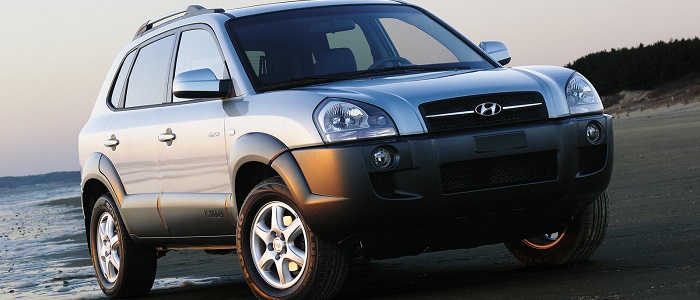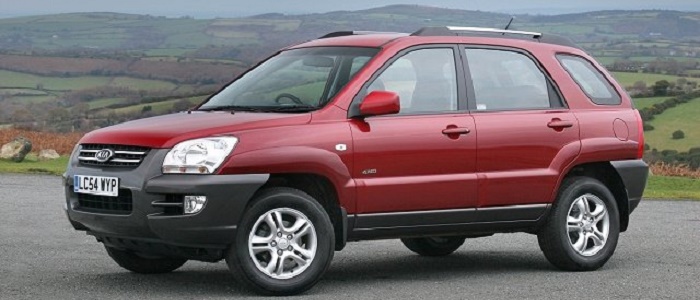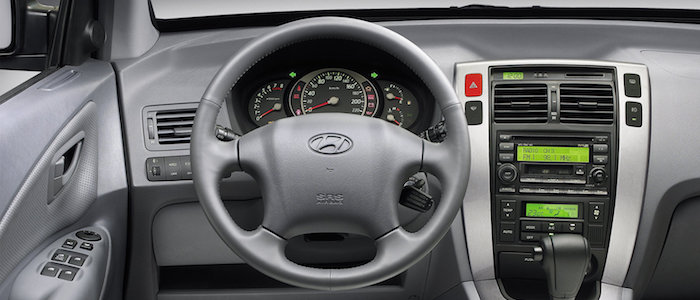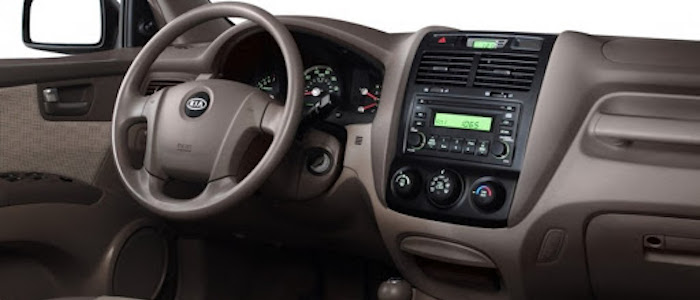Compare two cars
Compare any two cars and get our Virtual Adviser™ opinion
Dimensons & Outlines
Check vehicle history
Engine
Performance (manual gearbox)
Performance (automatic gearbox)
Expenses
Virtual Adviser's™ opinion
Well, these are two pretty similar cars we have here! It's only details that could potentially make the difference. Considering they both belong to the suv segment and utilize the same 5-door suv body style and the front wheel drive system, it all comes up to the specific diesel engine choice they offer. The first one has a VM Motori-engineered powertrain under the hood, a 4-cylinder, 16-valves 111hp unit, while the other one gets its power and torque from a 4-cylinder, 16-valves 113hp engine designed by Hyundai.
SafetyThe fact that the Hyundai got tested by the European New Car Assessment Programme (Euro NCAP), while the other contender didn't, offers a slight advantage, as the 4-star rating is better than none. Still, apart from the official crash test results there are other things we need to be aware of. Both vehicles belong to the suv segment, which is generally a very good thing safety-wise, but it doesn't do much to help us decide between the two. On the other hand, taking kerb weight as an important factor into account, Sportage offers a marginal difference of 1% more metal.
ReliabilityManufacturers have been building their reliability reputation for decades now and, generally speaking, it appears that Hyundai does have a slight advantage, at least on all of the models level. These are the official statistics, while our visitors describe reliability of Hyundai with an average rating of 4.5, and models under the KIA badge with 4.2 out of 5. Independent research findings rank Tucson as average reliability-wise, and Sportage is more or less at the same level.We should definitely mention that owners of cars with the same powertrain as Tucson rank it on average as 4.9, while the one under the competitor's bonnet gets 4.2 out of 5.
Performance & Fuel economyBoth of the cars accelerate exactly the same, so we couldn't put one above the other. Car No. 1 reaches top speed of 168 kilometers per hour, exactly the same as the other car does. When it comes to fuel economy things look pretty much the same for both cars, averaging around 7 liters of fuel per 100 kilometers (40 mpg), in combined cycle.
Verdict
Hyundai appears just a bit more reliable, although the difference is truly marginal. The most important thing when deciding between any two vehicles should always be safety, both passive and active. In my opinion, everything taken into account, Tucson offers much better overall protection, which launches it ahead of the other contender. When it comes to performance, both vehicles provide similar experience, so I wouldn't point any of them out. Fuel consumption is more or less the same. It's not difficult to say then that if I'd need to make a choice, it would definitely be the Hyundai. Nevertheless, let's not forget that people have different preferences and needs, so what really counts is your personal feel. I'm only here to help. Also, you could use the oportunity to find out which car, everything taken into account, would be the perfect choice for you in the eyes of the virtual adviser™, among more than 12.000 different ones in our database.

































